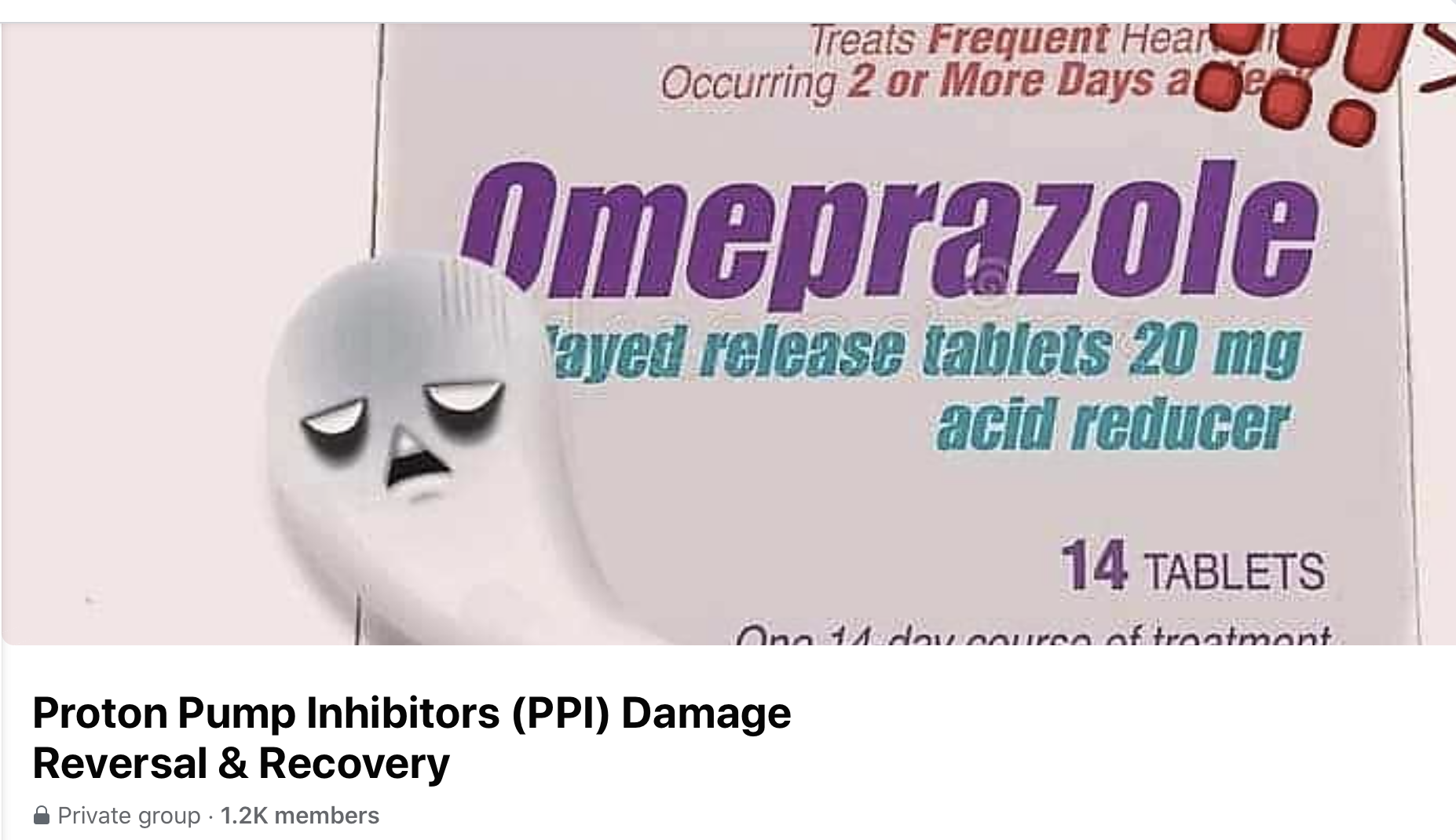… and what to do about it.
Heartburn is an uncomfortable burning feeling in your chest (behind your breastbone. It occurs when stomach acid travels back up your esophagus — the tube that carries food from your mouth to your stomach that can move up your neck and throat) This can be a symptom of many different conditions, including acid reflux, gastroesophageal reflux disease (GERD), but also happens in pregnancy. When you are experiencing heartburn, you may also have a bitter or sour taste in the back of your throat.
Night time Heartburn and GERD can lead to damage of the esophagus. Both occurring long term may spark respiratory complications. The burning sensation usually occurs shortly after eating and can last from a few minutes to several hours.
It is also important to seek medical attention for unusual or severe chest symptoms that indicate a heart attack rather than acid reflux.
Acid Reflux or GERD left untreated can also lead to Chronic coughing. This happens when stomach acid refluxes (backs up) into the esophagus and gets aspirated.
GERD can affect asthma as the aspiration occurs, it can make its way to the lungs making breathing more difficult.
Nighttime heartburn can impact your quality of sleep and this can affect quality of life and other health aspects. An important tip is to elevate your your head and shoulders 6 to 8 inches higher either using bed risers (like little stilts for the feet of the head of the bed) or a foam or wedge pillow to sleep on more upright.
There is also “silent acid reflux,” or LPR laryngopharyngeal reflux which mainly affects the larynx (voice box) and pharynx (throat). It can be difficult to diagnose but can also cause coughing, breathing problems, sore throat, and postnasal drip. It is referred to as silent because it is without the tell-tale burning sensation in the chest. The most common cause of chronic throat clearing, too much mucus and post-nasal drip is actually acid reflux. Post-nasal drip does not cause chronic cough, but reflux can cause both the drip and the cough.
Many patients undergo unnecessary tests and procedures for these problems unnecessarily because doctors don’t understand respiratory reflux very well. The consistency of reflux-caused mucus is thicker than that of allergy, and for the sufferer, the mucus is sticky and hard to move, especially when it gets on the vocal cords. On examination by a physician, reflux-mucus is thick, white, and widely dispersed in the nose and throat, especially on the back wall of the pharynx (the throat). If your post-nasal drip has been bad enough, you may have been recommended surgery. Unfortunately, it’s often done unnecessarily. A lot of sinus and nasal surgery is unnecessary surgery because that drip is a reaction to reflux, not a problem in itself. Fix the reflux and you fix the post-nasal drip, mucus and sinus problems. Dr Jamie Koufman
PPI’s usually the wrong Treatment
So what mainstream treatment usually entails it to be put on PPI’s Proton Pump Inhibitors. This is done, often times with the misdiagnosis of having too much stomach acid. Stomach acid is Hydrochloric Acid and it needs to be at a certain Ph in order to properly digest your food.
So instead of having too much stomach acid, an individual may not have enough. What this does, is allow the undigested food or chyme to sit in the stomach too long and allowed to ferment. The correct Ph of the chyme is also a regulating factor of the lower pyloric sphincter which allows it to open to allow partially digested food to pass from the stomach into the duodenum. If it is not getting the signal with the correct Ph then again the food is allowed to remain in the stomach too long and then finds its way back up past the esophageal sphincter. Factors that affect our stomach acid production are age, chronic stress, poor diet, eating too quickly, use of antibiotics, and food sensitivities.
PPI’s rank amongst the top of the most prescribed medications as Acid Reflux, GERD are so prevalent. They typically end in the suffix “-prazole” (omeprazole, pantoprazole, rabeprazole, etc. and have brand names like Prevacid, Prilosec, Nexium. & Protonix. They come with a recommendation to be used for only up to 6 weeks, and yet people are prescribed it ongoing for many years.
They also comes with a list of problems. One that stands out is the reduction of stomach acid, so people are unable to properly digest their food to extract nutrients so it causes nutrient deficiencies (like vitamin B12, vitamin C, calcium, iron, and magnesium) which in turn lead to other health issues. Several recent studies show that PPI alters the gut microbiota by reducing its overall diversity which allow opportunistic pathogens, including Enterococcus, Streptococcus, Staphylococcus, and E. coli. These pathogens tend to be more prevalent in the guts of PPI users. Ugh!!!
Oh and remember the Ph of the stomach acid? Well it needs to be around 1-2. This has another purpose which is to destroy opportunistic bacteria. For instance, the oral bacteria, genus Rothia, is over-represented in the gut microbiota of PPI users. Those who used acid blockers also had an increased chance of acquiring Clostridium difficile, Campylobacter, Salmonella, Shigella, Listeria, and community-acquired pneumonia than those using other medications.
And if this is not enough, there are indications that PPI’s can cause, brittle bones, cardiovascular issues, kidney and cognitive issues.
In the United States there are ongoing lawsuits with the pharmaceutical companies that make the PPI’s. In 2010 the FDA added the warning of the possible increased fracture risk. Beside the important nutrient deficiencies causing brittle bones, the Osteoclasts, (bone cells) responsible for the resorption of calcium, also possess proton pumps, and their activity is thought to be directly affected by PPIs.
PPI users have been shown to have a significantly greater risk of heart attack.
A study published in 2016 compared patients using PPIs to patients using H2 blockers, another common antacid drug. They showed that over the course of five years, those in the PPI group were 28 percent more likely to develop chronic kidney disease and 96 percent more likely to develop end-stage renal disease, (https://jasn.asnjournals.org/content/27/10/3153). Proton pumps are also present in the intercalated cells of the kidney, responsible for moving protons into the urine, creating a gradient that allows for bicarbonate reabsorption into the blood.
In fact the National Kidney Disease Association recommends the cessation of using PPI’s when a person has been diagnosed with Chronic Kidney Disease. Really, how about recommending the stopping of them before the Kidney Disease develops???
PPI users also have higher risks of dementia, Alzheimer’s disease, and general cognitive impairment compared to those not using these drugs.
Also, the American Journal of Gastroenterology recently reported that, depending on dose, the use of proton pump inhibitors could increase risk of contracting COVID-19.
No COLD TURKEY
Now if you are taking PPI’s it’s up to you and your Doctor that prescribed them to help you taper them down. That’s if your Doctor is aware that there is often a rebound effect when suddenly stop taking PPI’s. There are Doctors who will just say to try quitting and then when you do, and develop rebound symptoms, will say, “see you need to be back on the PPI’s” and prescribe them again.
However, there is a Facebook group of over 1.2k people in the group trying to taper their dosage down. It is called Proton Pump Inhibitors, Damage, Reversal & Recovery. There is oodles of individual testimonies and posts of what alternative strategies that have worked for them.
NATURAL STRATEGIES THAT HELP:
Dietary recommendations:
Recognize your trigger foods and avoid them.
Reduce your consumption of caffeine and carbonated drinks.
Eliminated processed foods.
Eliminated artificially sweetened foods and drinks.
Probiotic Foods (sauerkraut, yogurt, (only if dairy is not a trigger food)
Lifestyle Changes:
Stop smoking, if you do
Reduce alcohol consumption, if you drink it.
Maintain a healthy weight, if an issue
Practice better portion control;
Eat and chew more slowly;
Avoid eating for 3 to 4 hours before bedtime
SUPPLEMENTS THAT HELP
Probiotics and Prebiotics
Digestive Enzymes, or Bromelain, Papaya, Hydrochloric Acid,
There is something called the HCl challenge to help determine how much HCl would benefit you. There are also Bitters (herbs) to help digestion, and also a formula like Acidux by St Francis.
Chamomile Tea, Slippery Elm, Glutamine, Aloe Vera to help heal the mucosal lining.
Ginger, Fennel Tea, DGL (deglycyrrhizinated licorice), Apple Cider Vinegar capsules.
Melatonin at night, as it helps to increase the release of gastric bicarbonate (a mucous coating) and improve the activity of the lower esophageal sphincter.
Also worth mentioning is that H.Pylori can cause Acid Reflux. Mastic Gum is a great remedy to help. Many people report the prescription meds prescribed do not heal the H. Pylori. There are also Combination Formulas, like PyPlex, Ibergast and many others.
A new kid on the block and not readily available in Canada is D- Limonene. D-Limonene is a natural chemical that is found in several citrus oils. It is typically extracted from citrus fruit peels, either through cold pressing or steam distillation. I am looking at USA distributors who will ship to Canada to make it available in the store.
Also a valuable mention is getting the Hair Tissue Mineral Analysis done. The “Low Minerals” pattern on a hair test reveals a lot about digestion and assimilation. It indicates that minerals (the spark-plugs of energy production) are not getting into cells where they need to go. The HTMA will tell you exactly what minerals are needed to be topped up and also what heavy metals may also be impairing gut health & digestion capabilities.
So November 20-26 is National GERD Awareness Week, so this is right in line with the Black Friday special on HTMA at Life Sustainers.
Remember to pre-book and pre-pay for your HTMA by Nov 25th, 2022 to receive a Black Friday Special, for dates now until Dec 9th, 2022. Book your HTMA on my website. The link is below and there are more details and several research conclusions about HTMA. Gift one to a family member or friend. There is no greater gift, than a gift of health!
Let a Hair Tissue Mineral Analysis benefit your health and wellness journey!




